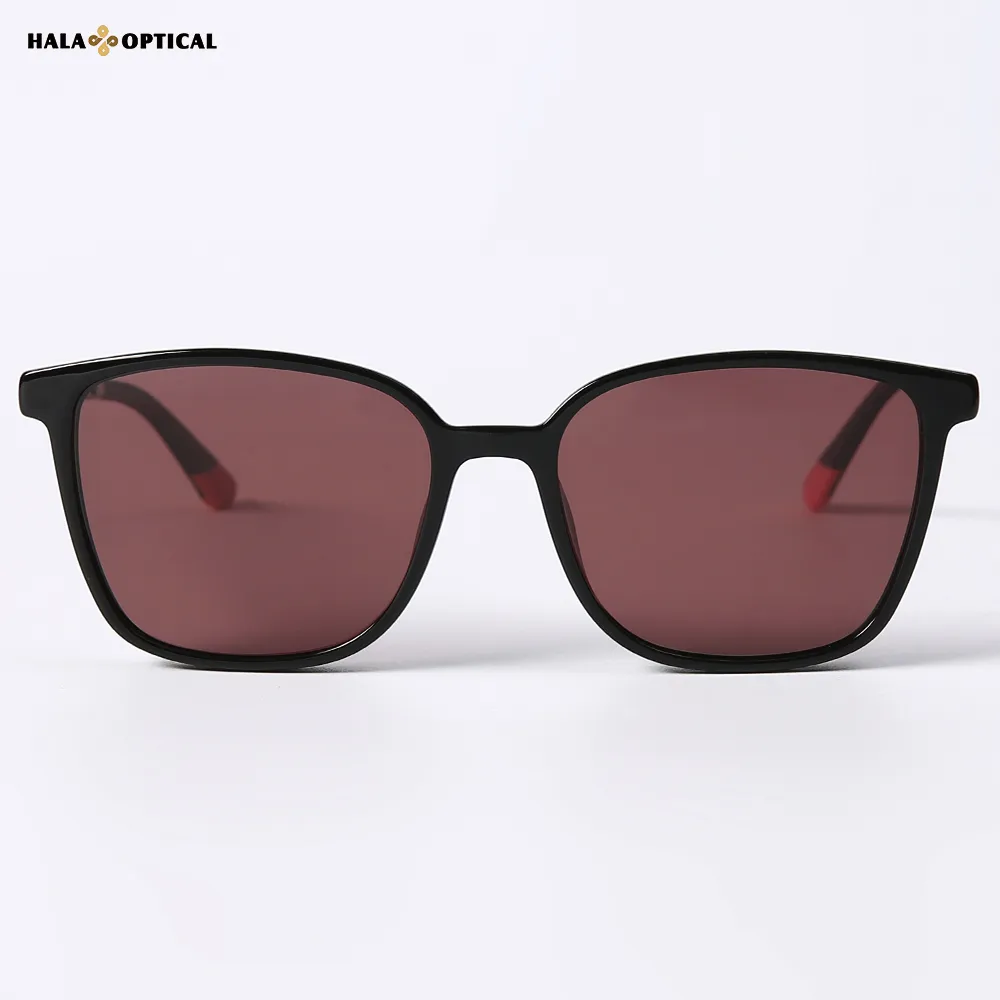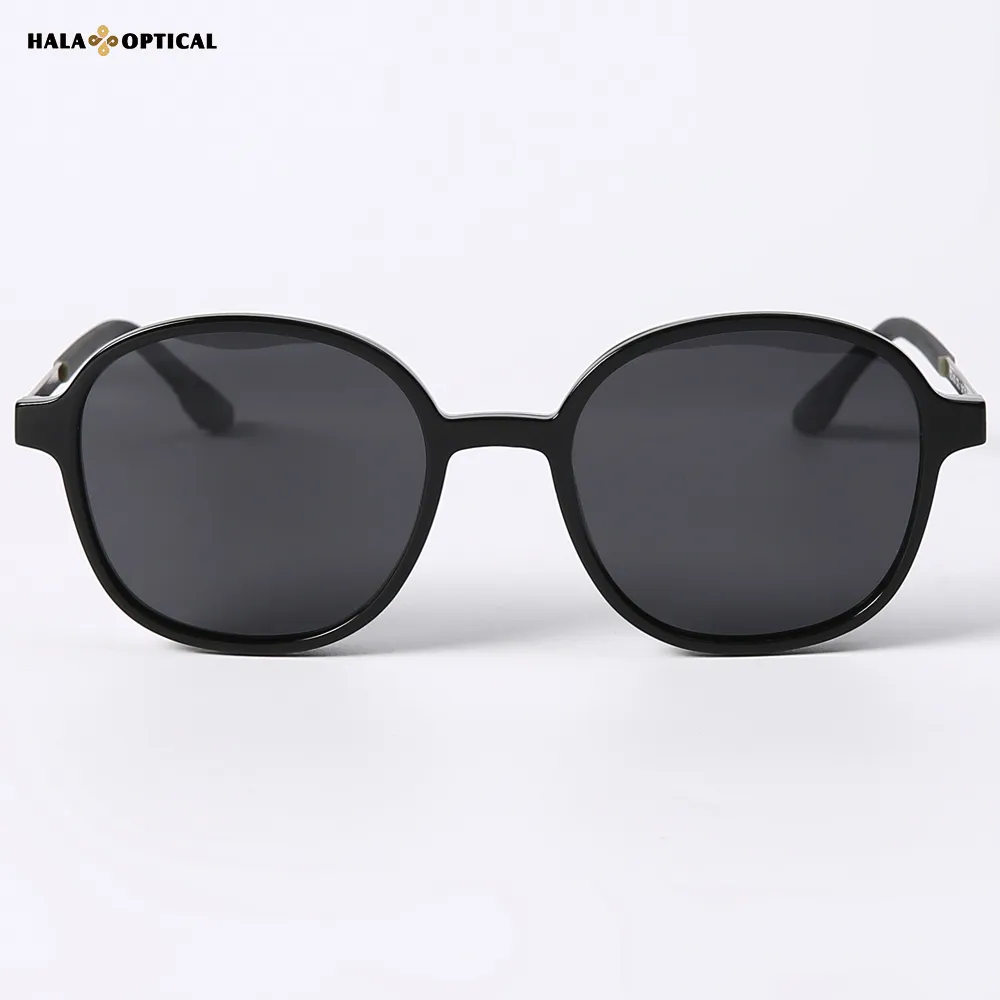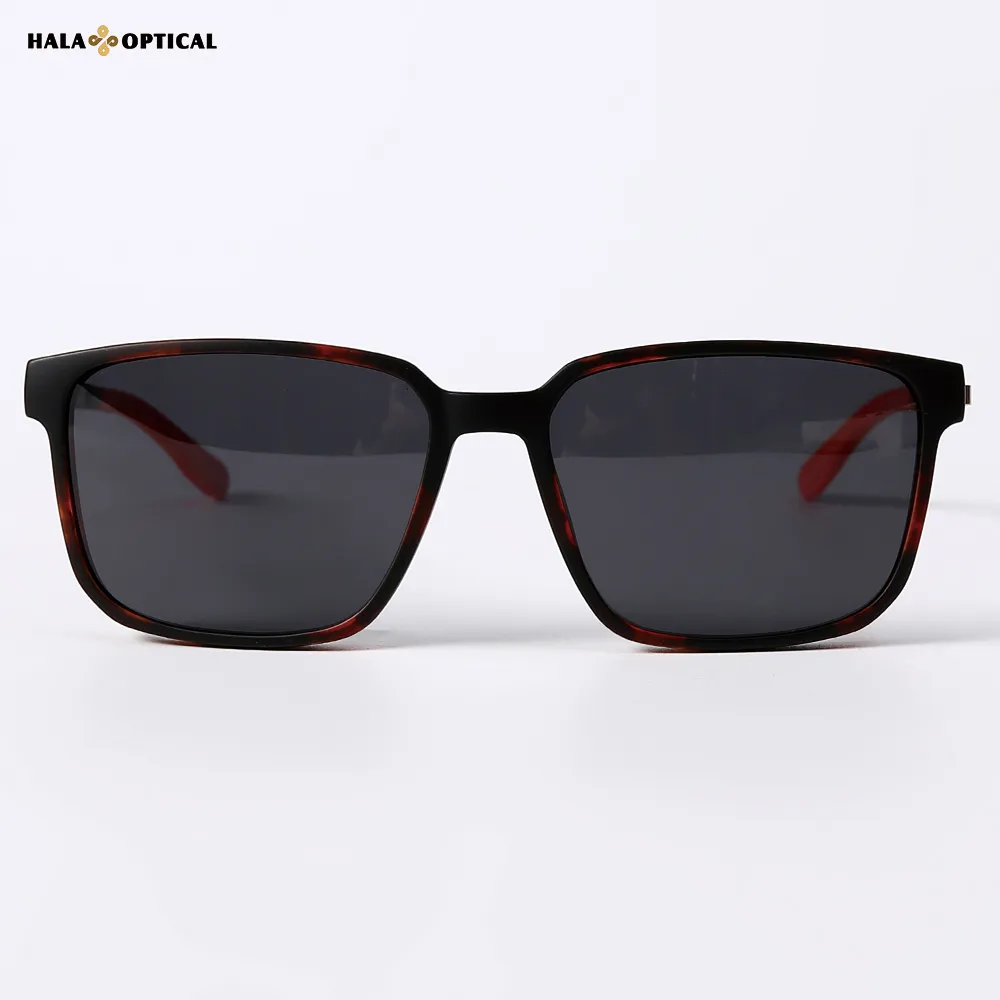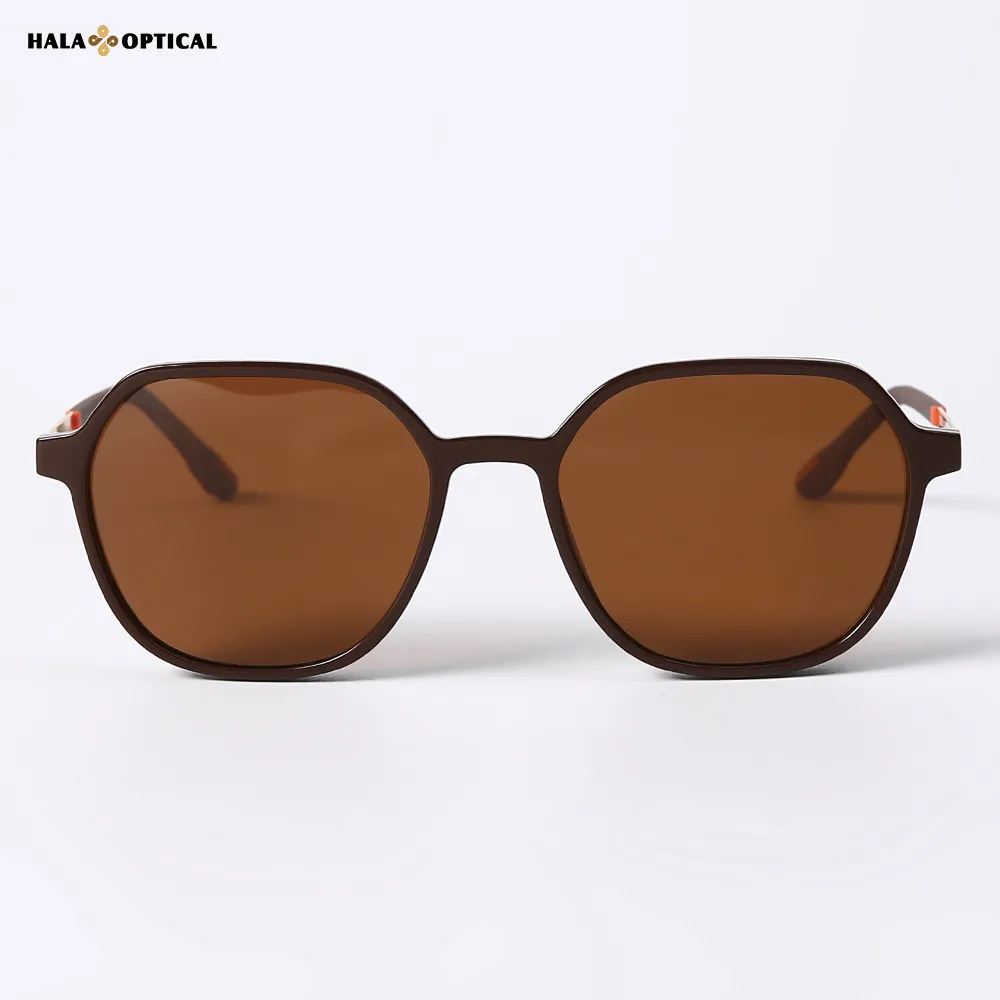Magnetic Clip-on Sunglasses
Hala Optical, based in Wenzhou, China, specializes in the fabrication of high-quality optical frames with innovative magnet clip-on sunglasses.
Our eyeglasses frames integrate style and functionality, catering to modern eyewear needs.
Precision and craftsmanship is critical to our magnet clip-on sunglasses structure, our styles are particularly popular, offering a versatile solution for those who need both prescription eyewear and sun protection.
The magnetic mechanism ensures a secure and easy attachment, providing convenience without compromising on aesthetics.
Hala Optical uses premium materials (such as G850 from Arkama) and cutting-edge manufacturing techniques to ensure durability and comfort, making their products a preferred choice among eyewear enthusiasts.
By combining advanced technology with meticulous design, Hala Optical continues to success in the eyewear industry, delivering eyeglasses products that are not only visually appealing but also practical and reliable.
Environmental Eyeglasses Production
When manufacturing eyewear using injection molding, several environmental factors are considered by Hala Optical to minimize the ecological footprint of the process.
1. Material Selection
The choice of materials plays a crucial role in the environmental impact of eyewear manufacturing. Traditional plastic materials, such as high-grade plastics and resin acetates, have significant environmental impacts.
To address this, Hala Optical is doing our best to choose more sustainable materials, including recycled plastics, bio-based acetate made from cotton or wood fibers, and even other options.
These alternatives help reduce reliance on non-renewable resources and lower the overall carbon footprint.
2. Energy Consumption
The manufacturing process, particularly injection molding, requires significant energy. Using renewable energy sources like solar or wind power can greatly reduce the carbon footprint of production. Additionally, implementing energy-efficient technologies and practices, such as optimizing machine use and improving insulation in eyeglasses manufacturing facilities, can help us further decrease energy consumption.
3. Water Usage and Treatment
Water is essential for cooling and cleaning during the eyewear manufacturing process. Efficient water use and proper treatment of wastewater are vital to minimize environmental impact. This includes filtering out plastic residues and neutralizing cleaning chemicals before discharge. Companies like ZEISS Vision Care have implemented measures to significantly reduce their water consumption and ensure thorough treatment of wastewater to prevent pollution (ZEISS Group).
4. Waste Management
Reducing and managing waste is another critical factor. Manufacturing eyewear produces offcuts and scrap materials, which can often be recycled or repurposed.
Effective waste management practices help minimize the amount of material sent to landfills and promote a circular economy.
By considering these environmental factors, Hala Optical is able to significantly reduce ecological footprint, contribute to environmental conservation, and promote sustainability within the eyeglasses industry.
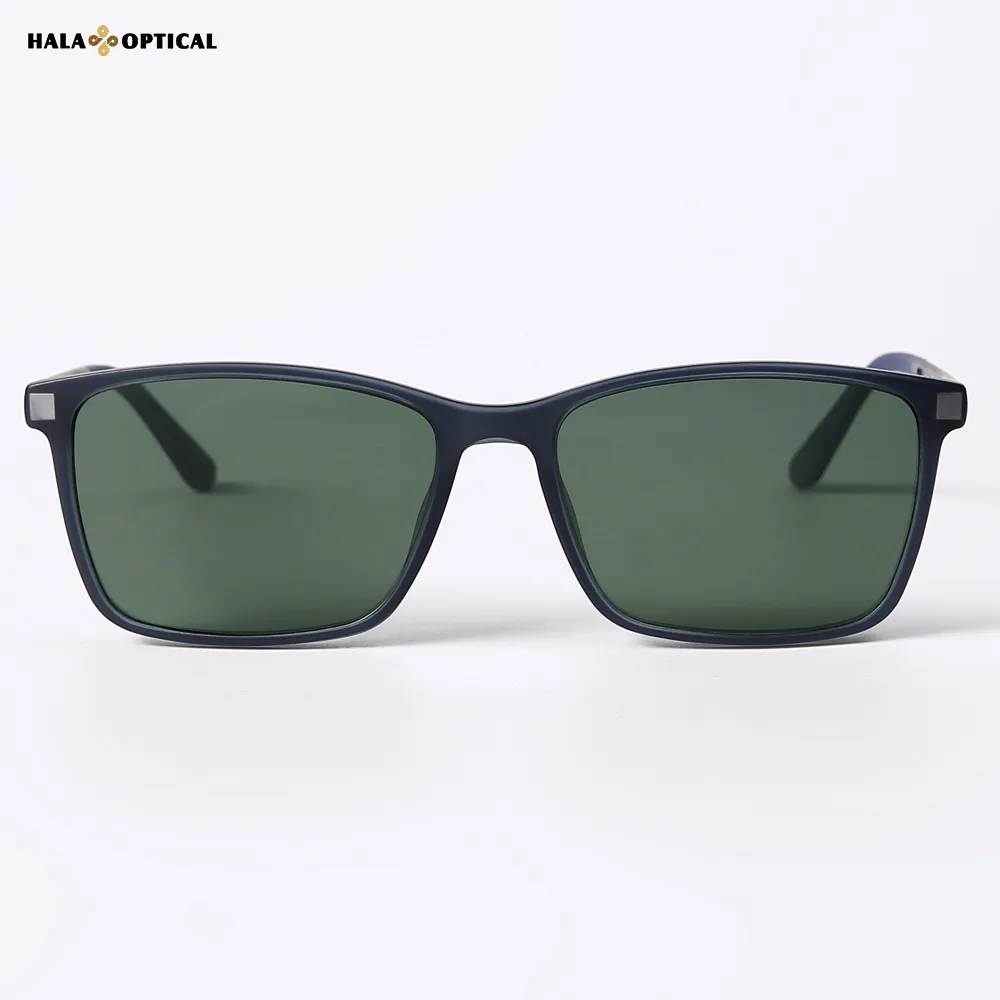
HTZ074 Ultem Injected Square Clip-on Sunglasses Factory
HTZ074 clip-on sunglasses model by Hala Optical is designed for men seeking versatile...
View Product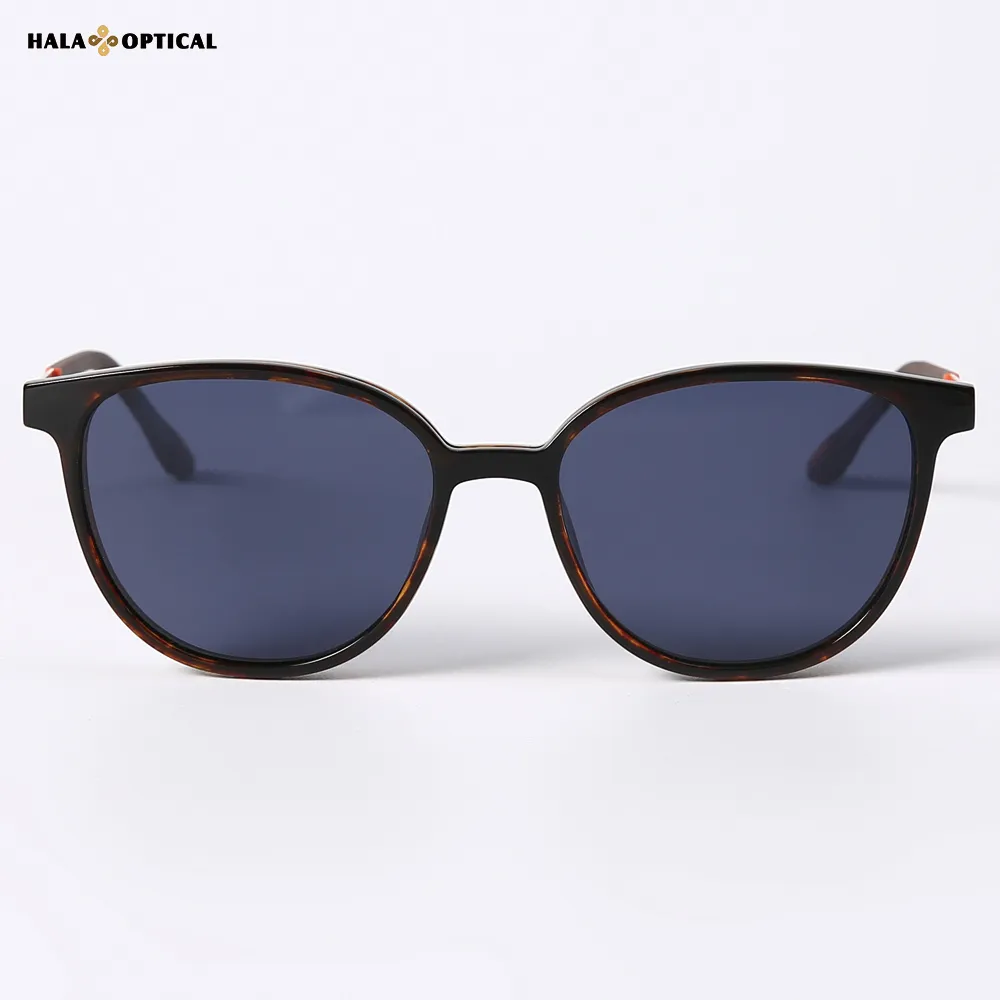
HTZ073 Women's Pantos Plastic Magnetic Clip-on Sunglasses
Ultem sunglasses model HTZ073 by Hala Optical, a premier eyeglasses frame manufacturer...
View Product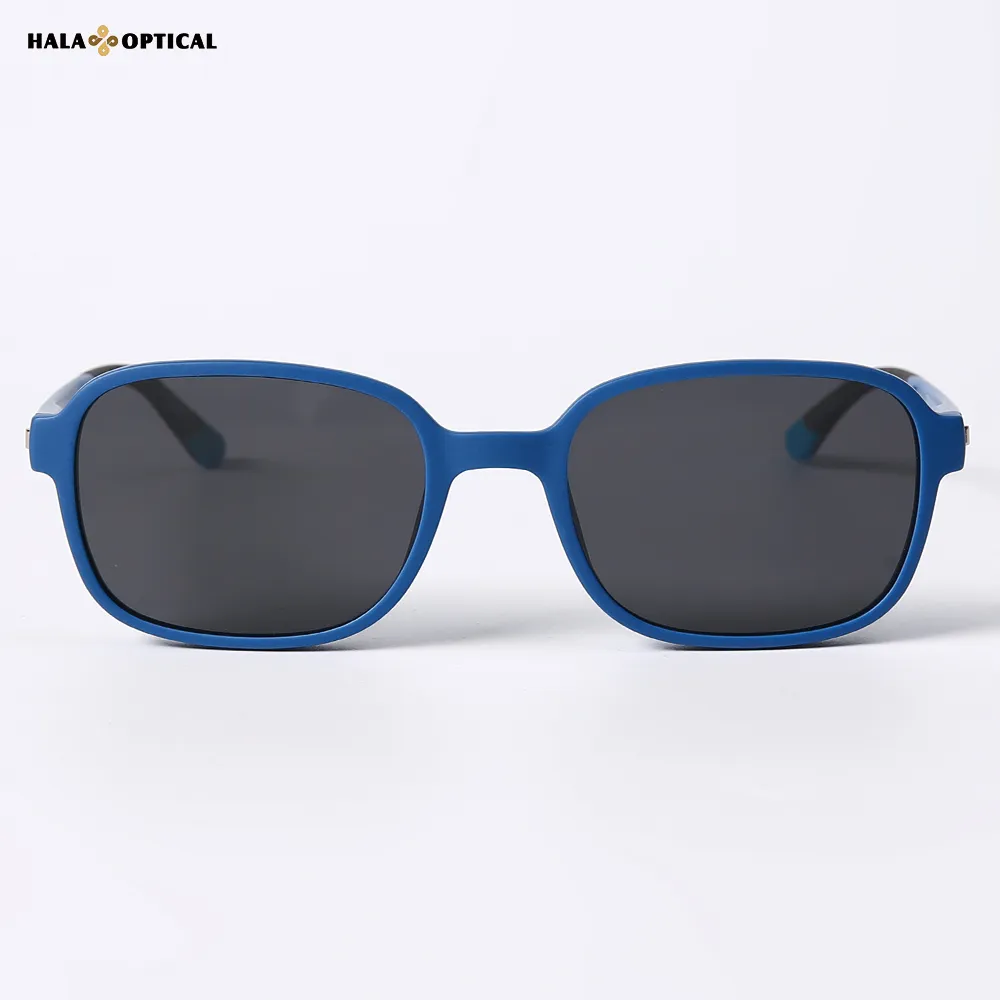
HTZ072 Women's Magnetic Clip-on Sunglasses Frame, 53mm
HTZ072 women's clip-on sunglasses is a fashionable and functional eyewear solution that...
View Product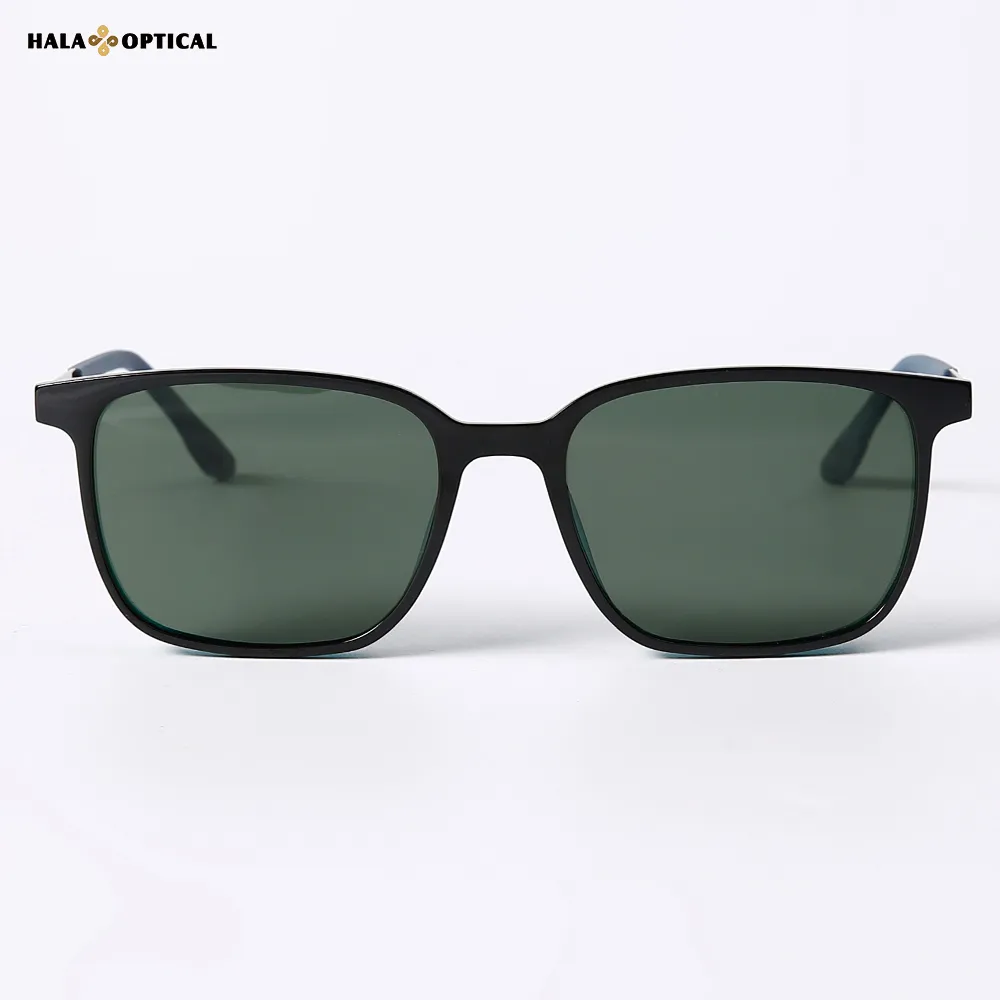
HTZ071 Women's Square Luxury Ultem Magnetic Clip-on Polarzied Sunglasses Manufacturer
HTZ071 eyeglasses model is a modern and stylish choice for women, combining...
View Product